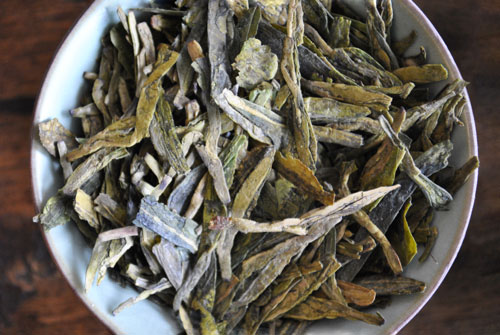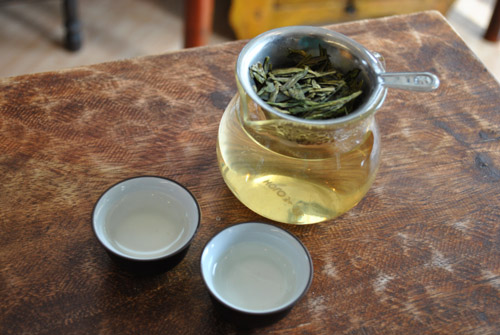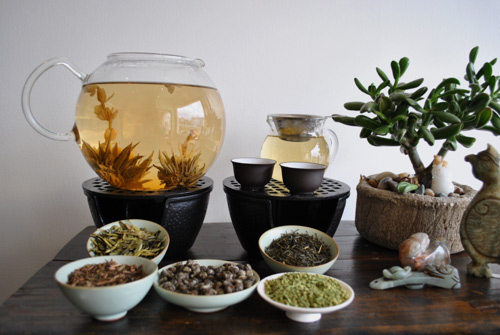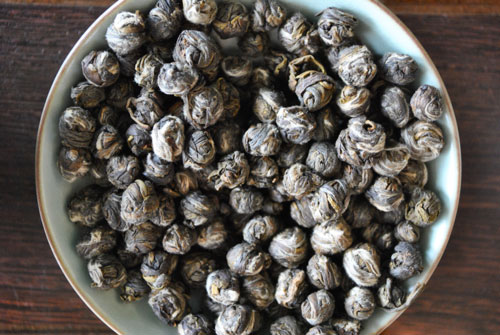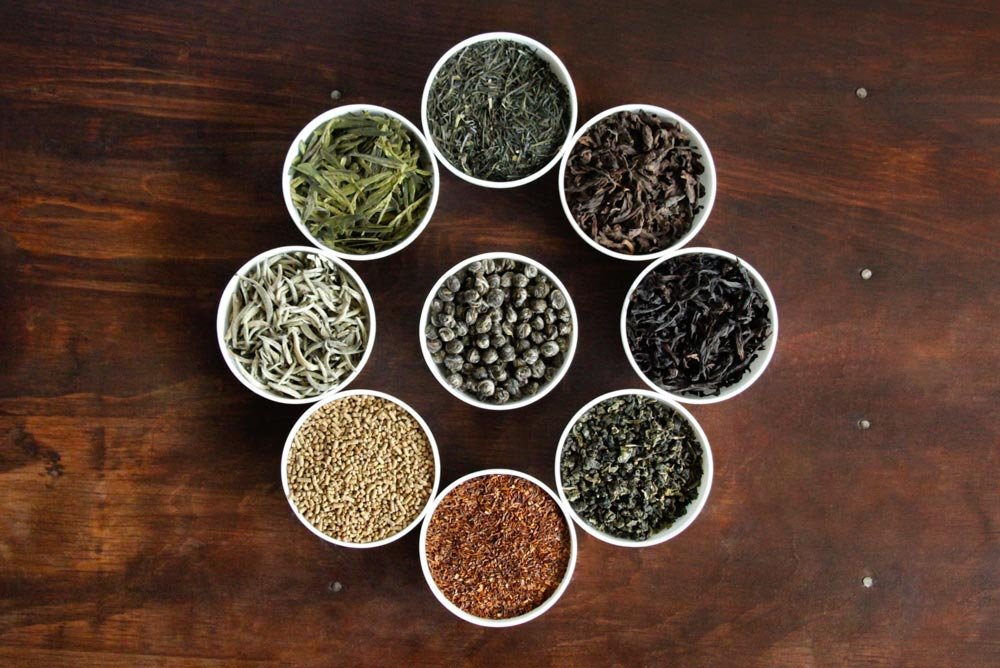TEA EDUCATION
There is a great deal about tea that people don't know. Our team at Arogya and our founder, Wei Huang Bertram, have been studying tea's history, the process that tea undergoes before it reaches your cup, its impact on culture, its health benefits, and every nuance of tea that makes it so great. We'd like to share with you four of our favorite areas of discussion: The Story of Tea, Health Benefits of Tea, Tea Ceremony, and Tea Processing.
Looking for more information on tea? Visit our blog.
The Health Benefits of Tea
Tea is the most widely-consumed beverage after water and specifically refers to the plant known as Camellia Sinensis. It is predominantly grown throughout the world in mountainous regions of Eastern and Central Asia and India, as well as parts of Africa and South America.
The specific health benefits of each kind of tea vary due to differences in geographical terrain, processing methods, and seed varietals, which result in the five main categories of tea: White, Green, Oolong, Black, and Pu’er.
Caffeine and Nutrients in Tea
Tea is the only plant in the camellia family that contains caffeine, and the only caffeinated plant in the world that both uplifts and relaxes the body and mind due to its combination of alkaloids and other health promoting chemicals. Unlike the immediate caffeine burst that coffee delivers, the tannins in tea combine with the caffeine molecule making the caffeine slow to release. The result is a steady feeling of alertness, without a caffeine crash.
Every tea variety contains high levels of antioxidants and health-promoting qualities, though they vary in caffeine content. White and Green Tea usually have less caffeine than Pu-erh, Oolong, and Black Tea.
Health Benefits of Each Tea Type
White Tea
High content of cancer-fighting antioxidants
Potent source of vitamins and minerals
Cooling and detoxifying
Lowest caffeine of all teas
Contains anti-aging and anti-stress properties
Promotes longevity and concentration
Rarest and least processed of all tea
Green Tea
High content of cancer-fighting antioxidants
Antiseptic, antibacterial and antiviral
Counteracts colds and flus
Maintains high immunity
Fights degenerative disease
Strengthens tooth enamel & fights bad breath
Potent source of vitamins and minerals
Effective for slimming and weight loss
Oolong Tea
Contains a high content of tea polysaccharides
Reduces cholesterol and blood sugar levels
High content of antioxidants
Strengthens tooth enamel
Potent source of vitamins and minerals
Effective for slimming and weight loss
Black Tea
Helps prevent heart attacks
Helps prevent plaque build-up in arteries
Increases bone density
Contributes to oral health: kills bacteria in the mouth that can cause cavities
Fights bad breath
Pu’er Tea
Extremely effective tea for slimming and weight loss
Helps metabolize fatty acids and oily foods
Reduces cholesterol and blood sugar levels
Cleansing and detoxifying to the bloodstream
General Tea Benefits
Promotes mental clarity and alertness
Stimulates neural activity and improves learning function
Provides even, sustained energy and sound rest
Much lower caffeine content than coffee
Strengthens the immune system and has anti-stress properties
Cleansing, detoxifying, and longevity-promoting

